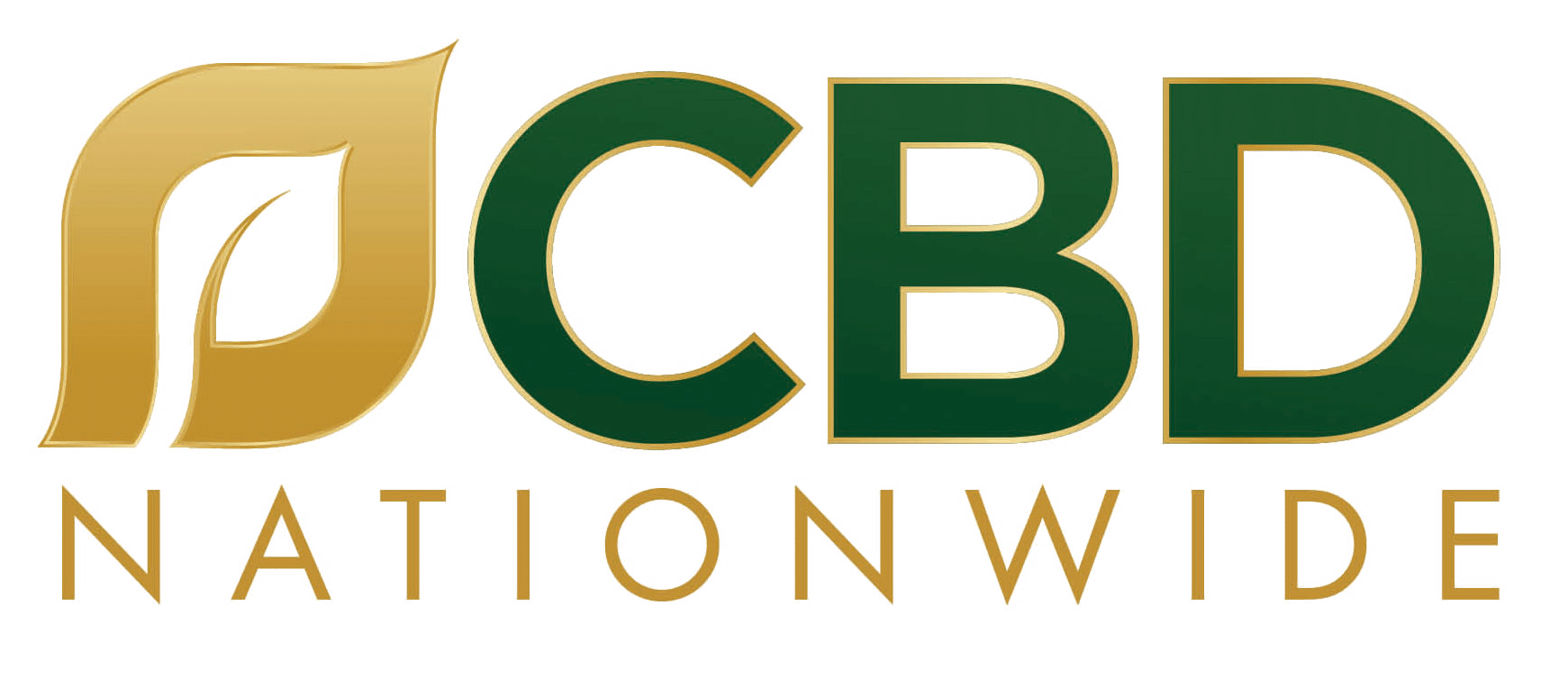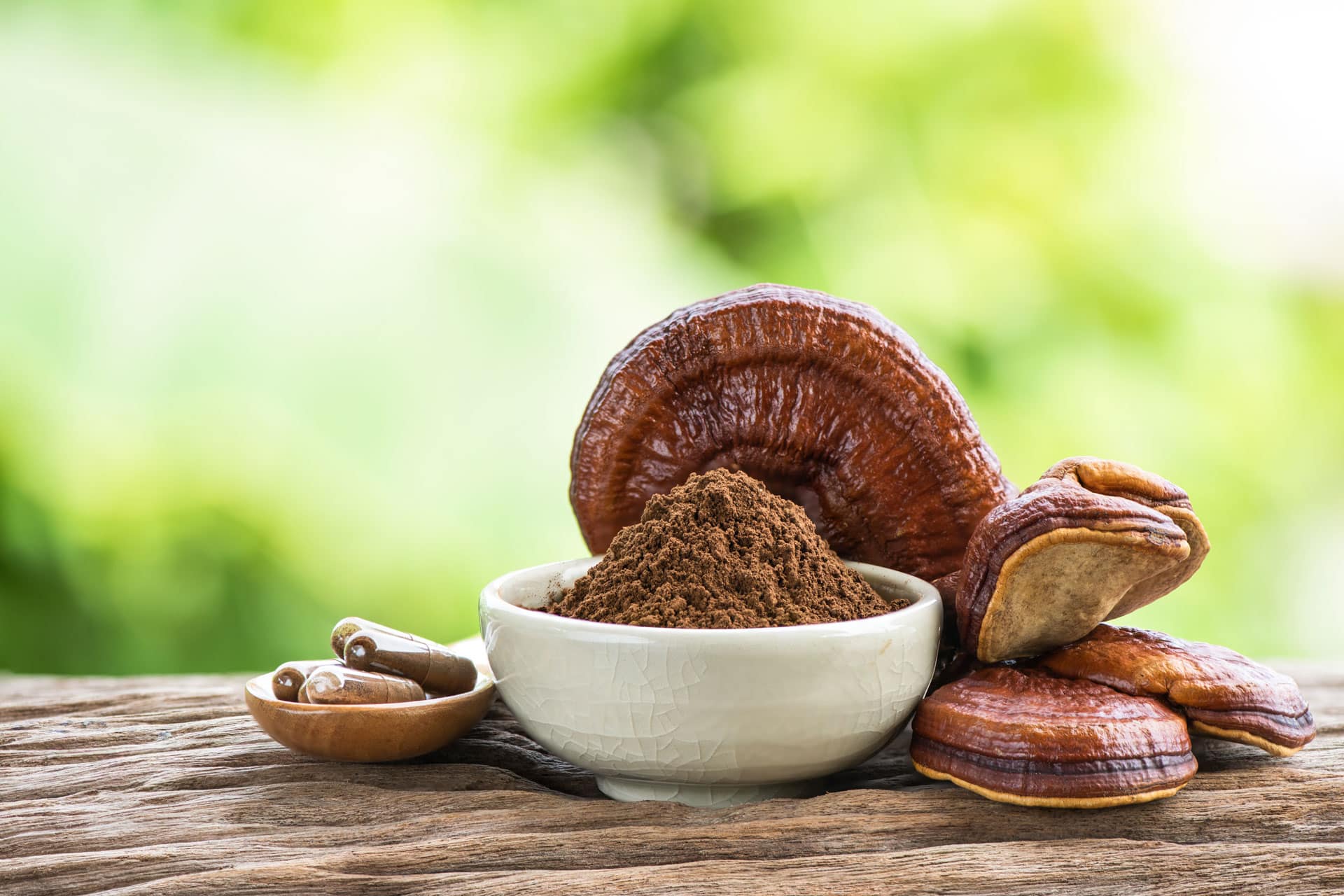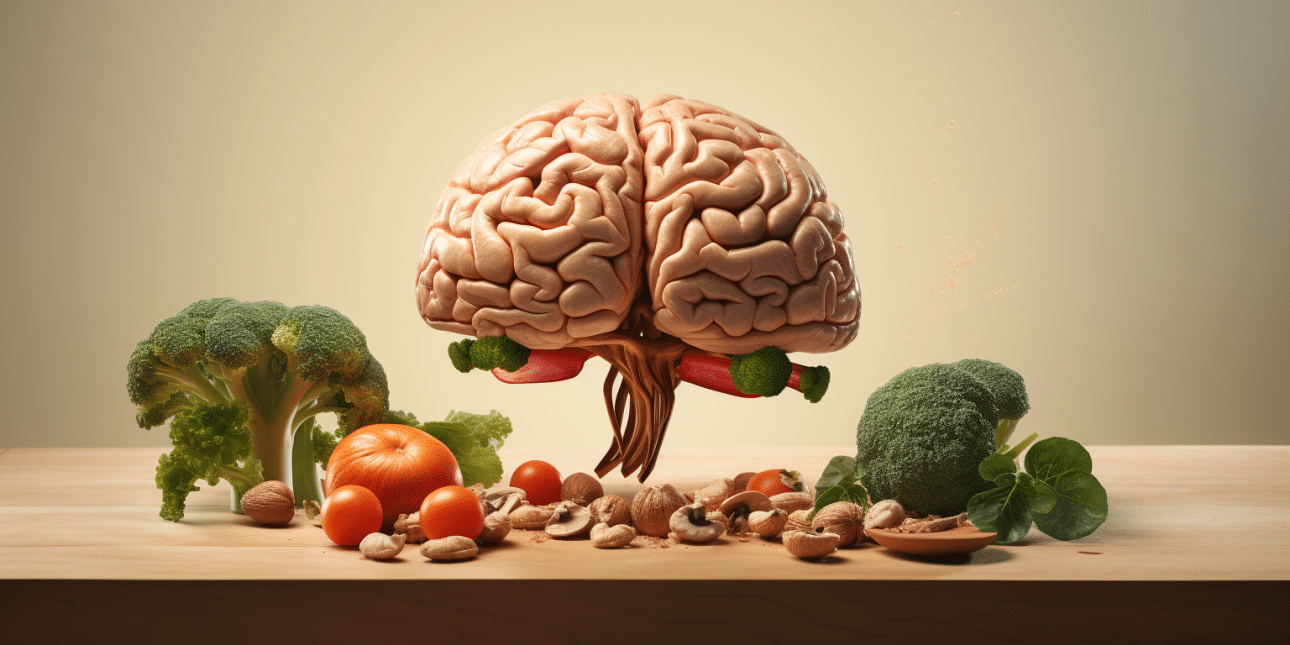Functional mushrooms, specifically non-psychedelic varieties like reishi, chaga, lion’s mane, shiitake, and maitake, can potentially assist in managing anxiety and stress by fostering feelings of calmness and focus, acting as adaptogens to help the body adapt to stressors, promoting neurogenesis, affecting neurotransmitters that control emotional responses, and regulating inflammation.
Table of Contents
ToggleManaging Anxiety in the Modern World
Our modern world, with its dizzying pace and ceaseless demands, has seen a spike in anxiety disorders. Anxiety is a common psychological challenge that affects a significant part of our population.
The estimates vary from a conservative 3 to 7 percent to a whopping 30 percent suggested by some experts. Not only does anxiety compromise our mental well-being, but it can also lead to chronic health conditions due to its impact on the autonomic nervous system.
Chronic stress, a close companion of anxiety, can trigger an inflammatory cascade in the body. This reaction escalates levels of stress hormones and can cause blood sugar imbalances, digestion issues, and mood disturbances. Over time, these conditions can develop into more severe long-term health issues.
Prevalence of Anxiety in Modern Society
Anxiety is more than just feeling stressed or worried. It’s when these feelings don’t subside and are ongoing without any particular reason or cause.
Everyone feels anxious from time to time, but for someone experiencing anxiety, these feelings aren’t easily controlled. The effects are far-reaching and can increase the risk for other major health problems.
Potential Role of Functional Mushrooms in Managing Anxiety
As we grapple with this surge in anxiety disorders, innovative solutions are emerging from unexpected quarters. Cue to functional mushrooms – they’re being explored as a natural treatment alternative for managing mild anxiety symptoms.
While psychedelic mushrooms have sparked interest for their potential therapeutic effects on anxiety disorders, they remain illegal in most countries and their use is relatively controversial. Therefore, research is primarily focused on non-psychedelic varieties such as reishi, chaga, lion’s mane, shiitake, and maitake.
These mushroom extract supplements are reported by users to foster feelings of calmness and focus. By offering a natural way to manage stress and promote relaxation, functional mushrooms might just be the answer we’ve been looking for in our fight against anxiety.
However, it’s important to note that while these findings are promising, further research is needed to fully understand the potential benefits and risks associated with the use of functional mushrooms for anxiety management.
Do you need custom white label functional mushroom products produced for your cannabis business?
SEE WHAT WE CAN DO
Do you need custom white label functional mushroom products produced for your CBD business?
SEE WHAT WE CAN DO
Understanding Functional Mushrooms
In the bustling world of health and wellness, functional or medicinal mushrooms have emerged as a star player. These aren’t your standard white button mushrooms you toss into a salad or sauté for dinner. They’re more potent, packed with compounds that offer unique health benefits, and they don’t cause hallucinations.
Overview of Functional Mushrooms
Medicinal mushrooms have been on a meteoric rise in popularity in the health and wellness scene recently. They’re a superfood that’s been around since ancient times but has only now started to gain mainstream recognition.
Unlike their culinary counterparts, medicinal mushrooms contain a host of different compounds, each bringing its unique health benefit to the table. One such compound is Beta-glucan – a soluble fiber and prebiotic. As a prebiotic, it serves as food for the beneficial bacteria in our gut, helping them to flourish and maintain an optimal gut environment.1
How Functional Mushrooms Can Assist with Anxiety
Now let’s circle back to anxiety. Functional mushroom powders are brimming with B-vitamins, often referred to as “anti-stress vitamins”. These vitamins play an essential role in maintaining proper nervous system function.2 A deficiency in B-vitamins can lead to a host of problems including anxiety.
Additionally, some functional mushrooms function as adaptogens – substances that help the body adapt to stressors, be it physical or mental. By assisting in stress management, these adaptogenic mushrooms can be an effective tool in managing anxiety symptoms.
Remember, while there is growing evidence supporting the use of functional mushrooms for various health conditions including anxiety, it is always recommended to consult with healthcare professionals before starting any new supplement regimen.
Mechanism: How do Mushrooms Help Anxiety?
To truly grasp how functional mushrooms might assist in alleviating anxiety, we need to delve a bit deeper into the brain’s intricacies and how these fungi interact with it.
Promoting Neurogenesis
The human brain is an incredible organ. Contrary to old beliefs that we’re born with a fixed number of neurons, science now tells us that our brains continue to make new neurons throughout our lives, a process known as neurogenesis. This phenomenon is limited mainly to the hippocampus – a region responsible for learning, memory, and emotions.
Approximately 700 new neurons are added to the hippocampus every day, demonstrating the brain’s ability to adapt and reshape itself, a characteristic referred to as neuroplasticity.3 However, several factors can affect neurogenesis including diet, aging, brain injury, inflammation, oxidative stress, stress itself, lack of exercise and opioid addiction.
Affecting Neurotransmitters
Anxiety disorders may be linked to an imbalance in neurotransmitters – the chemicals that facilitate communication between nerve cells and control emotional responses. Functional mushrooms might help increase resistance to stress by acting in a similar manner to some neurotransmitters – essentially mimicking their effects and helping balance this delicate system.4
Regulating Inflammation
Chronic inflammation in the body has been implicated in various health conditions including anxiety disorders. It’s here that functional mushrooms shine again.
Functional mushrooms are rich sources of compounds that support a healthy inflammation response. By regulating inflammation levels in the body, these mushrooms could potentially alleviate symptoms of anxiety.
While more research is necessary to fully understand the intricate ways functional mushrooms interact with our bodies and brains, early findings suggest they may be a valuable tool in managing anxiety. As always, consult with healthcare professionals before embarking on any new health regimen.
Top Functional Mushrooms for Anxiety
As we delve deeper into the world of functional mushrooms and their potential to help manage anxiety, let’s focus on some specific varieties that have shown promise in this area.
Reishi Mushroom and its Benefits
Reishi mushroom, a staple in traditional Chinese medicine, is known for its calming effects on the mind. It has been used to replenish Qi (a concept central to Chinese medicine representing the body’s vital energy), influence the heart, lungs, liver and kidney channels and decrease symptoms such as coughing and chest discomfort.
Evidence from Scientific Studies
Research has shown that reishi extract can alleviate anxiety symptoms in mice and exert a sedative effect on the central nervous system. By promoting relaxation, reishi mushroom can contribute to better overall quality of life, especially for those with chronic illnesses or fatigue.
Interestingly, reishi mushroom may also shorten the time it takes to fall asleep and thereby increase sleep duration – a significant benefit considering how closely linked sleep disturbances are with anxiety disorders. A balanced blood sugar level is another factor that can help manage occasional anxiety or stress, and reishi mushroom may contribute positively in this aspect as well.
Lion’s Mane Mushroom and its Benefits
Lion’s mane mushroom is another functional fungus worth noting. It’s been gaining attention for its potential neuroprotective effects.
Evidence from Scientific Studies
Lion’s mane mushroom contains compounds that may improve brain function and protect against normal cognitive decline related to aging. This fungus can impact serotonin and dopamine levels – neurotransmitters that play key roles in regulating mood and appetite.
Furthermore, lion’s mane enhances the activity of nerve growth factors (NGFs) like brain-derived neurotrophic factor (BDNF), which play crucial roles in neurogenesis.5 Some studies have shown that extracts of this mushroom can improve mood and reduce anxiety symptoms.
Cordyceps Mushroom and its Benefits
Last but not least on our list is cordyceps mushroom. Known for its restorative properties, it’s often used by people seeking to enhance their vitality.
Evidence from Scientific Studies
Cordyceps mushroom can support a healthy inflammation response and keep blood sugar levels steady – factors that are linked with maintaining a positive mood. They also act on stress-related pathways in the brain, helping counter oxidative stress caused by anxiety or stress.
More research is needed to fully understand how each of these mushrooms works in combating anxiety, yet early findings suggest they hold great potential as natural remedies for managing mental health challenges.
Incorporating Functional Mushrooms into Diet
So, you’re intrigued by the potential of functional mushrooms to help manage anxiety. The next question is, how do you incorporate them into your diet? While there are many ways to consume these beneficial fungi, one convenient method is through dietary supplements.
Importance of High-quality Mushroom Supplements
It’s crucial to understand that not all mushroom supplements are created equal. When purchasing a supplement, it’s important to ensure it’s made from the mushroom fruiting body and not just the mycelium – the root-like part of the fungus that’s commonly grown on a grain substrate. This detail matters because mycelium-based supplements can be diluted and may not offer the full medicinal value found in the fruiting body of the mushroom.
Surprisingly, a 2017 study found that only 26% of reishi mushroom supplements tested actually contained what was stated on their labels. This underscores the importance of choosing high-quality supplements from trusted sources.
Tips on Choosing the Right Supplement
So, how do you ensure you’re picking the right supplement? Here are some tips:
- Check for transparency: The manufacturer should clearly state whether the supplement is made from mycelium or the fruiting body.
- Look for third-party testing: This provides an extra layer of assurance that what’s in the bottle matches what’s on the label.
- Avoid fillers and grains: High-quality mushroom supplements should be free from fillers and grains.
- Research the company: Choose suppliers with a solid reputation in delivering high-quality products.
Remember, while functional mushrooms hold promising potential in managing anxiety, they should be used as part of an overall balanced diet and lifestyle. Always consult with healthcare professionals before starting any new supplement regimen.
Recap: Potential Benefits of Functional Mushrooms for Managing Anxiety
We’ve journeyed through the fascinating world of functional mushrooms and their potential role in anxiety management. From the neurogenesis-promoting properties of these fungi to the specific benefits offered by varieties like reishi, lion’s mane, and cordyceps, it’s clear that these natural substances hold great promise.
However, as enticing as these potential benefits may be, it’s essential to remember that functional mushrooms, like all supplements, should not replace professional medical advice or treatment. Always consult a healthcare professional before starting any new supplement regimen.
Incorporating these potent fungi into your diet through meals and beverages can be a delicious and nutritious way to explore their possible benefits. But ultimately, managing anxiety successfully will likely involve a multi-pronged approach that includes balanced nutrition, regular exercise, adequate rest, stress management techniques, and professional support when necessary.
While the research is still ongoing, functional mushrooms might very well turn out to be one of nature’s gifts in our quest for better mental health.
References
- https://www.realmushrooms.com/beta-d-glucan/
- https://www.ncbi.nlm.nih.gov/pmc/articles/PMC6930825/
- https://www.ncbi.nlm.nih.gov/pmc/articles/PMC3012424/
- https://www.mayoclinichealthsystem.org/hometown-health/speaking-of-health/mushrooms-make-healthy-meal-magic
- https://neurosciencenews.com/mushroom-memory-neurogenesis-22476/









